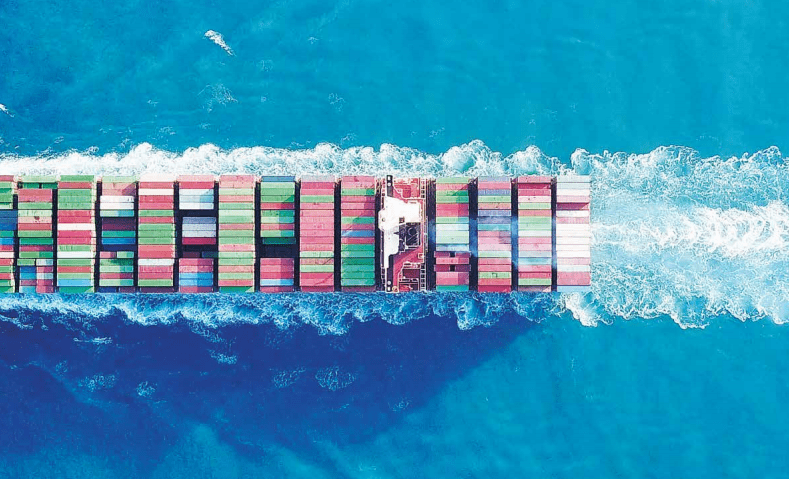Mexico‘s Ministry of Foreign Affairs (SRE) highlighted six functions of the World Trade Organization (WTO).
Succinctly these are: administering and monitoring the implementation of existing agreements, providing a forum for trade negotiations, resolving trade disputes, reviewing national trade policies, cooperating with other international organizations to promote coherence in global economic policy-making, and providing technical assistance on trade matters to developing countries.
In general, the WTO is responsible for administering multilateral trade agreements and providing a forum for the negotiation of new agreements and the settlement of trade disputes.
The WTO is thus the world’s most important trade forum.
The WTO is a legal system whose two main attributes are its legally binding rules and its enforcement mechanisms based on a dispute settlement mechanism, including an Appellate Body, whose recommendations are also binding.
The principles and objectives of the WTO include promoting free and fair trade, guaranteeing the transparency of trade policies, facilitating the integration of developing countries into the world economy and promoting economic development and welfare.
The WTO reaffirms the principle of Most Favored Nation (MFN) treatment, which implies that benefits granted to one member country should be extended to all other WTO members.
This seeks to avoid discrimination among countries and promote a level playing field in international trade, involves the reduction of customs tariffs and non-tariff barriers, as well as the application of principles of non-discrimination and transparency in the trade of goods.
Functions of the WTO
The Organization advocates the liberalization of trade in services, with the objective of promoting openness and competition in sectors such as telecommunications, financial services and transportation, and establishes the protection of intellectual property rights, with minimum standards of protection and providing a framework for enforcing such rights.
Mexico is a country that is fully integrated into global value chains.
For this reason, it is essential for Mexico to participate actively in the decisions of this organization. This is even more so at a time when the WTO is facing important challenges and transformations, particularly with regard to the aforementioned reform of the Appellate Body and the follow-up to the negotiations on fisheries subsidies and electronic commerce.

